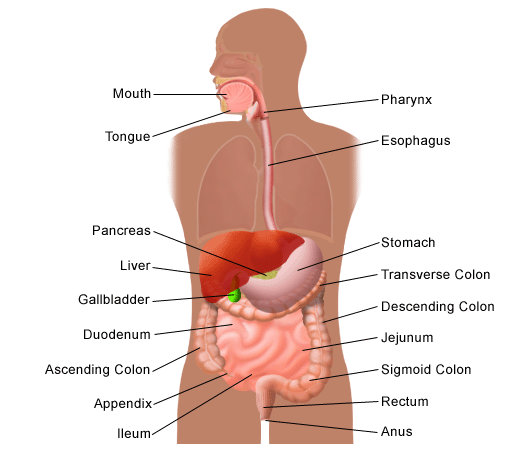Your liver is your body’s main organ that processes foods and metabolizes drugs. It also maintains glucose (sugar), a fuel for the body’s cells.
Your liver filters out waste products and harmful substances from your bloodstream. It also produces bile, which helps your body eliminate waste when you poop.
Overview of eating Liver
Liver is one of the most nutrient-dense foods on the planet. It’s a rich source of vitamin A, B12, copper, iron and riboflavin.
It’s also an excellent source of choline and folic acid. It’s important for bone health, as it helps to process calcium and add it to your bones.
However, liver isn’t the best food for gout sufferers because it contains high levels of purines. These can cause uric acid build-up in the body, which can lead to gout.
Eating a balanced diet, including plenty of vegetables, fruits, lean meats and nuts, is a good way to keep the liver healthy. Keeping salt, sugar and alcohol to a minimum can also help.
Culinary uses and traditional dishes
Liver is a versatile cut of meat that offers many culinary uses. It is a high-quality protein and contains a variety of nutrients, including iron, riboflavin, vitamin B12, copper and folate.
It can be used to add flavor to sauces, such as the classic liver and onions dish. It can also be mixed with ground beef to make delicious and highly nutritious burgers.
Liver is an important part of a healthy diet and can be found in all types of animals, including chickens, turkeys, ducks, geese, beef and pork. It is best to eat liver from animals that spend their lives outdoors and on pasture.
Availability and market trends
The liver is a vital organ for the body. It plays a critical role in digestion, storage, metabolism and blood production. Its malfunction can lead to serious health problems, including liver cancer.
There are several treatment options available for liver diseases, such as drugs and organ transplants. However, the use of these treatments can be expensive, which can cause financial stress on patients.
Liver transplantation is a costly procedure that requires specialized equipment and an experienced team of surgeons. The procedure is also risky. This leads to increased hospitalization costs and waiting lists for liver transplants. Hence, it is important to choose the right treatment.
Health benefits and concerns
Liver is one of the most nutrient-dense foods on the planet. It’s packed with vitamin A, iron, riboflavin, copper, and B vitamins (especially B12).
In addition to providing a variety of nutrients, liver is also low in calories. It contains only around 25% of the fat found in steak and lamb, and it’s a good source of protein, which your body needs to build cells.
Aside from its rich nutrient content, liver is an excellent source of antioxidants. These nutrients help prevent and treat chronic disease, including liver cancer.
Sustainability
Sustainability is a concept that relates to the environmental, economic and social aspects of a company or organization. It aims to protect the environment and natural resources without depleting them, while ensuring economic development.
In addition, it aims to provide a safe and healthy environment for its workers and customers. This can be achieved by paying them a fair wage so they can afford to provide for their families and purchase necessities such as food.
Sustainable development is also about preventing the damage caused by climate change and the destruction of natural resources. This is done by limiting emissions of greenhouse gases and using renewable energies.

